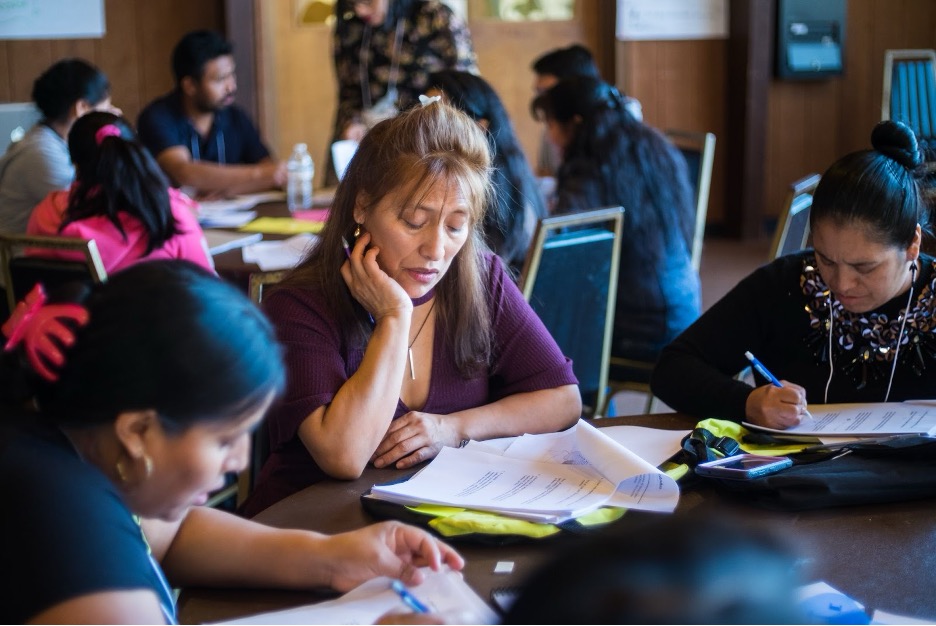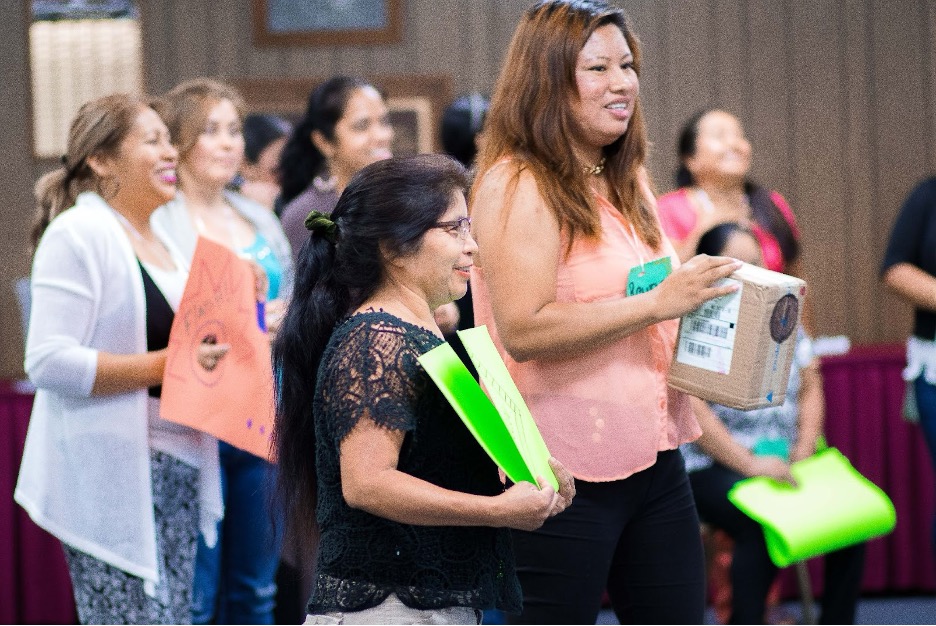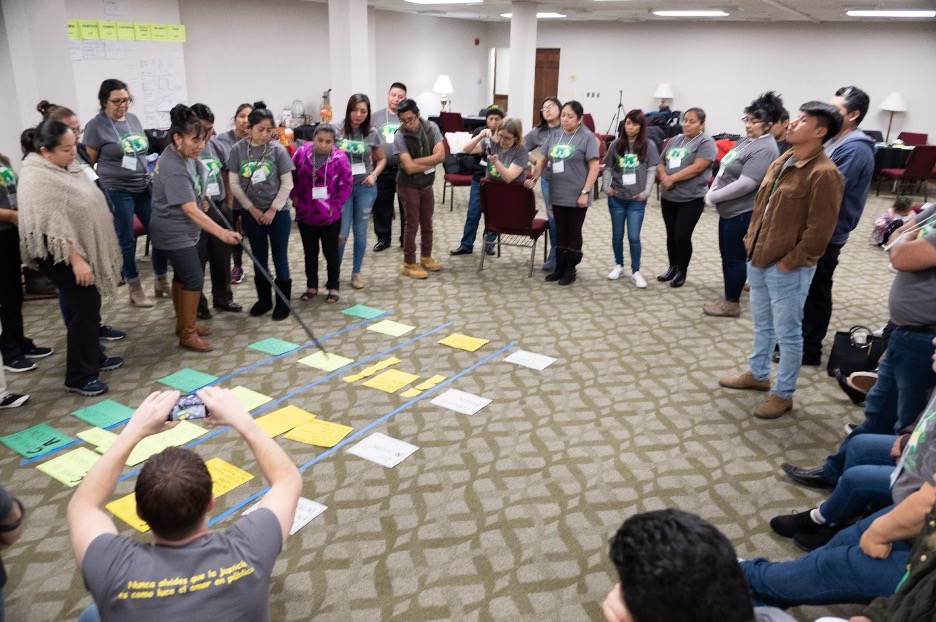Author: Magaly Urdiales, Co-Executive Director, Western North Carolina Workers Center (SWO Grantee)
Date: 03/28/24
This Women’s History Month, I would like to bring attention to the experiences of immigrant women workers. We must recognize that as individuals we are not disaggregated from our identities—whether that is as mothers, wives, or workers. As immigrants, traumas and challenges are often experienced, and there is no real-time processing of these traumas.
Many workers arrive at workplaces where there are very deep-rooted and systematized power dynamics, and they do not have the awareness or the tools to be able to raise their voices in situations of exploitation. This is something the Western North Carolina Workers Center (WNCWC) tries to address through our Worker Circles. Founded in 2002, WNCWC builds power among workers of color through organizing, education, and direct action to promote worker justice using an intersectional lens. Our Worker Circles are safe spaces where workers can talk about their needs, analyze the realities of their workplaces, and explore how their identities and realities influence how they can achieve fair and safe spaces. We believe workers best know their reality, and are best suited to analyze their working conditions, and can propose actions to achieve safe and healthy workplaces.

WNCWC leaders prepare for a health and safety training
Unfortunately, in the workplace immigrant women workers often experience challenging working conditions. At a local poultry processing plant in Western North Carolina, the production line is often too fast for workers to trim or cut the poultry safely. There is also limited bathroom access, which impacts workers’ overall health. Women workers have also expressed concern about doing night shifts at the plant because they feel more vulnerable to situations of sexual assault.
For the women workers cleaning and preparing rooms at hotel chains, many receive no training on how to be aware of and protect themselves from potential dangers they may encounter in the hotel rooms or on how to use cleaning chemicals safely. In addition, because a subcontracting model is used, there are often discrepancies between the number of recorded hours the workers report and the number of hours the contractor has, resulting in workers being shortchanged in their due wages. In terms of work schedules, single mothers do not have the flexibility to take vacation or days off if their child gets sick because they are treated as disposable since they are subcontracted.
Nevertheless, immigrant women workers continue to show resilience in adversity. One of them is Brenda, a strong worker leader from Guatemala. Her first language is an indigenous dialect from her home country, so even though she had a supervisor at her poultry plant who spoke Spanish, it took a lot of effort for her to raise her voice. At first, she was timid and did not complain because she feared being fired. However, she called WNCWC one day and said, “Today, I left the production line. I stopped the line today and told the supervisor I was not continuing. I realized they were adding speed and did not want to slow the line down, and I did not feel safe.” After Brenda successfully stopped the production line, other workers joined her, and as a result management made the line move at a slower and safer pace for all the workers.
Although this may seem small, for us and workers like Brenda, these moments are significant achievements because they show that workers have begun using their voice and power. Change starts with recognizing your fears, barriers, and feelings of realness and then recognizing your rights. Immigrant women, especially when they first arrive in the US, are in a very vulnerable position. There are many stories of assault and violence. There is much pain. However, we are honored to see the resilience of women workers and how they can now go into their workplaces and say, “I deserve respect; do not talk to me that way,” or “I do not feel safe.” Many women have done this and continue to do this every day. Despite all the barriers, immigrant women workers have opted for change, which has a triple effect because it impacts their workplace, families, and the broader community.



